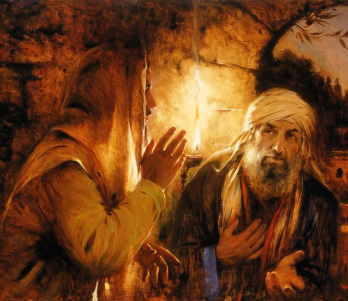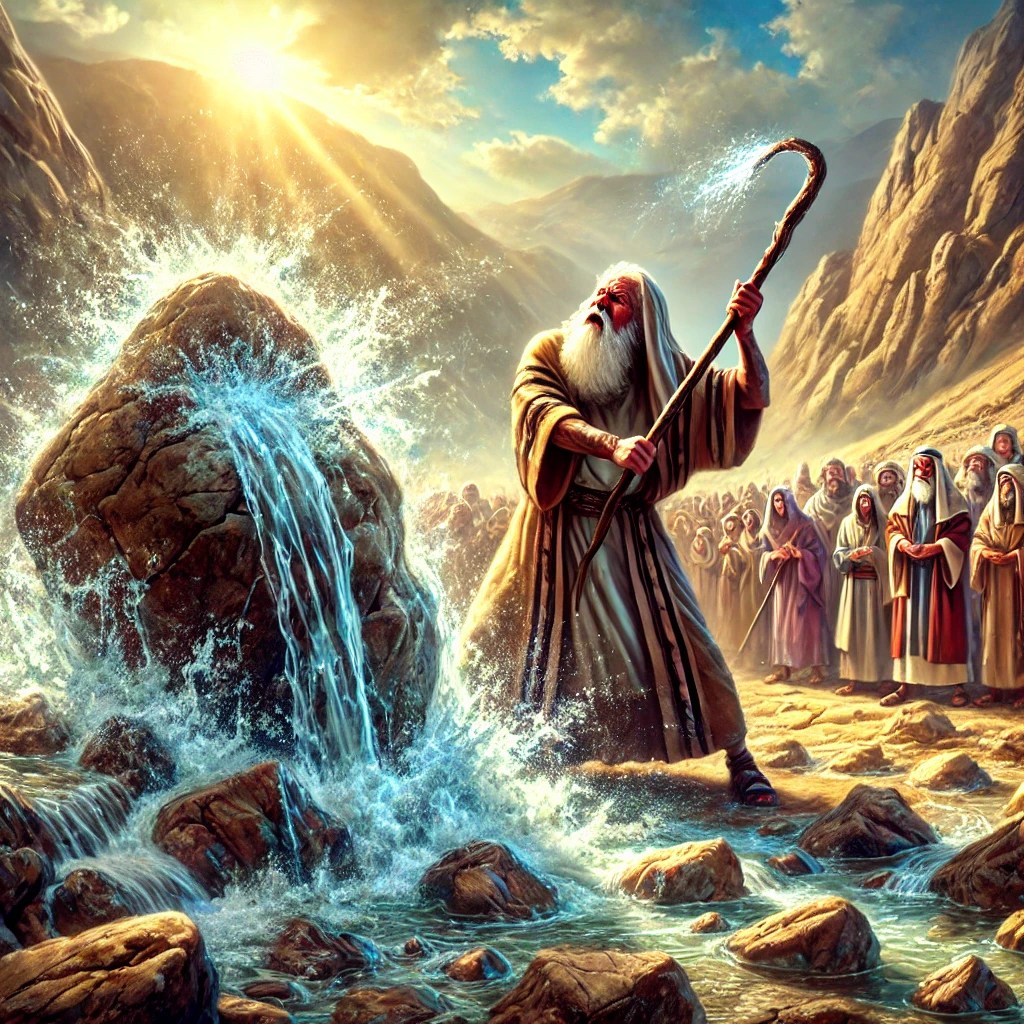“All things have been entrusted to me by my Father. No one knows the Son except the Father, and no one knows the Father except the Son and anyone to whom the Son desires to reveal him. Come to me, all of you who are weary and burdened, and I will give you rest. Take my yoke upon you and learn from me, because I am lowly and humble in heart, and you will find rest for your souls. For my yoke is easy and my burden is light.” (Matthew 11:27-30, CSB).
Do you remember when you were in school and you divided into two teams to play a game at recess or P.E.? Probably the most popular or most athletic kids were selected to be the team captains and pick the players for their respective teams. I never was the most athletic or most popular kid in school, so I never got picked first and always worried that I would be picked last!
In Matthew 11 John the Baptist had been arrested and incarcerated by Herod Antipas, Tetrarch of Galilee. John sent some of his disciples to ask Jesus if he was the coming Messiah. Jesus sent John’s disciples back to report what they heard and saw of Jesus’ ministry: “The blind receive their sight, the lame walk, those with leprosy are cleansed, the deaf hear, the dead are raised, and the poor are told the good news, and blessed is the one who isn’t offended by me” (vs. 5-6).
Jesus proceeded to extol the ministry of John the Baptist to His disciples and the townspeople that were listening to him and then denounced their unbelief: “For John came neither eating nor drinking, and they say, ‘He has a demon!’ The Son of Man came eating and drinking, and they say, ‘Look, a glutton and a drunkard, a friend of tax collectors and sinners” (vs. 18-19).
Jesus then offered a public prayer for those disciples and townspeople still listening to Him.“I praise you, Father, Lord of heaven and earth, because you have hidden these things from the wise and intelligent and revealed them to infants” (vs. 25).
Next, Jesus made a declaration that I have read many, many times but this time His words seemed to transcend my theological viewpoints and pierce my heart. It was like I was a kid back on the playground and we were choosing up teams and Jesus picked me to be on His team!
Jesus is like the recruiter for God’s team because He knows whom the Father wants on the team. And for whatever reason, God only knows, Jesus chose me for the team! Weary and burdened me! Gripey, grouchy me! Lazy and untalented me! Angry, intolerant me! Anxious and inconfident me.
Nevertheless, Jesus picked me!
Prevenient grace? Predestination and Free Will? It doesn’t really matter what theological camp I come from.
Because Jesus picked me!
And, I don’t have to adhere to some theological viewpoint to make Jesus’ team. Jesus knows what the Father’s will is and the Father has entrusted Jesus to carry out that will.
Now, I’m on the team and I’m practicing to be a better team player.
Perhaps in these posts I can help some of you new recruits as you practice to become better team players….
The Lord has called you.… (Isaiah 54:6, CSB)










